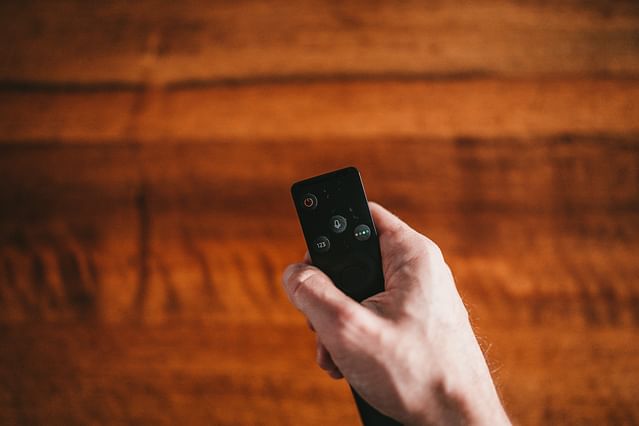
Improving Home Accessibility: How to Automate Your Home for Individuals with Disabilities
Living with a disability can be a challenge, but with the help of smart home automation, it doesn't have to be. Smart home technology has come a long way in recent years, allowing individuals with disabilities to live more independently and safely. In this article, we'll explore how you can automate your home to create a more accessible living environment for yourself or a loved one.
Voice-Controlled Assistants
One of the easiest ways to make your home more accessible is to invest in a voice-controlled assistant like Amazon Echo or Google Home. These devices can be programmed to perform a variety of tasks, such as turning on lights, adjusting the thermostat or opening and closing doors. This is particularly helpful for individuals with mobility or dexterity issues who may struggle with traditional switches or buttons.
Smart Home Hubs
If you want to take your smart home automation to the next level, consider investing in a smart home hub like Samsung SmartThings or Wink Hub. These devices act as a central control point for all of your smart home devices, allowing you to control everything from one place.
With a smart home hub, you can automate tasks like turning off lights when you leave a room, adjusting the temperature based on your location or even opening and closing blinds based on the time of day. These tasks may seem small, but they can make a big difference in the daily lives of individuals with disabilities.
Adaptive Switches
Adaptive switches are another important tool for individuals with disabilities. These switches are designed to be easy to use, often with larger buttons and reduced pressure requirements. They can be used to control a variety of devices, including lights, fans, and even computer software.
Adaptive switches can also be programmed to perform multiple tasks with a single button press. For example, pressing the switch once could turn on the lights, while pressing it twice could turn on the TV.
Smart Home Security
Smart home automation isn't just about convenience - it's also about safety. For individuals with disabilities, smart home security can provide an added layer of protection.
Smart home security systems can be programmed to send alerts to your phone when a door or window is opened, allowing you to monitor your home even when you're away. Some systems even come with video cameras that can be accessed remotely, so you can keep an eye on your home from anywhere.
Accessibility for All
Finally, it's important to remember that smart home technology isn't just for individuals with disabilities. By making your home more accessible, you're creating a safer and more inclusive environment for everyone. Smart home automation can benefit individuals of all ages and abilities, from young children to seniors.
Conclusion
Smart home technology has the potential to transform the lives of individuals with disabilities. By implementing solutions such as voice-controlled assistants, smart home hubs, adaptive switches and smart home security, you can create a more accessible and independent living environment. It's time to take advantage of the latest advancements in technology and make your home a more inclusive place for everyone.
Posted on: Feb 27, 2023 Last updated at: Apr 10, 2023